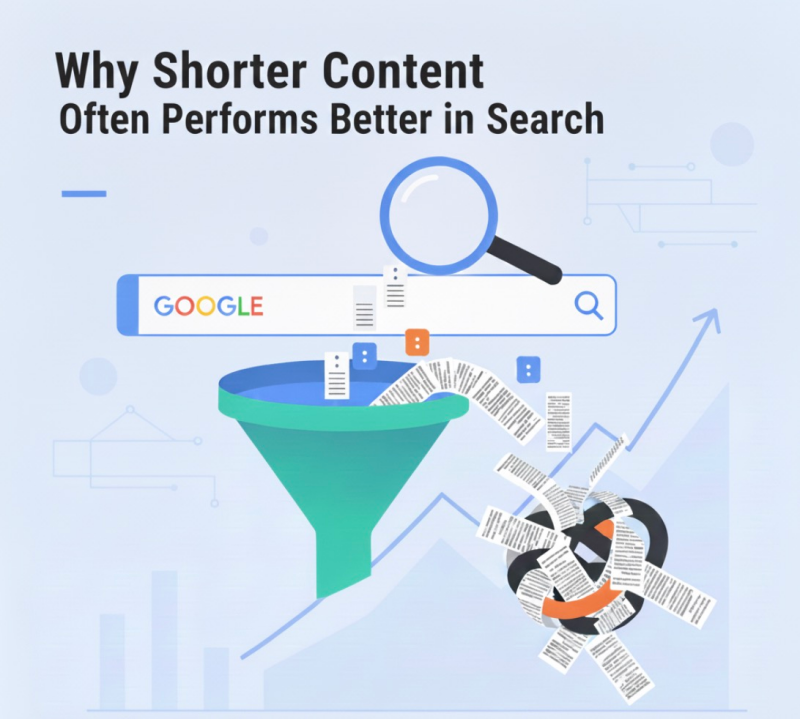How AI is changing the rules of the game in dropshipping: trends for 2025
Dropshipping is widely regarded as a low-barrier entry into the e-commerce industry. The approach has drawn entrepreneurs, small business owners, and even students seeking extra cash since it enables them to sell goods without many inventory or logistics issues. Still, dropshipping received criticism for having low profit margins, a saturated market, and uneven consumer experiences. What have we got now? The AI technologies introduction provided the sector with new vitality. Let’s learn how exactly.
The role of AI in product research
A strong modern business relies on AI dropshipping product research. Determining which products will appeal to consumers can be the difference between increasing revenues and losing profits. Your actual solutions consist of smart tools and supplier selection.
Smarter tools for market insights
Researching dropshipping products using AI has progressed beyond manual searching on sites like Shopify Analytics and AliExpress. Massive datasets, including search inquiries, social media mentions, and even real-time sales patterns, are now processed by algorithms to identify products with the greatest potential for growth. These diverse inputs represent essential sources of market intelligence that guide better product decisions. You could also strike a balance between these AI-driven insights and human judgment and strategic thinking. For this purpose, use services like the EssayShark company with human writers to get advice on creating business plans. Experts will help you with high-quality marketing strategies or analytical papers of any complexity. Don’t hesitate to make your market insights smarter! The product research will only improve and adjust to recent tendencies.
Dropshipping systems using predictive analytics enable retailers to predict future trends, along with determining what is popular right now. The exact instruments are:
● Machine learning. Seasonal trends can be identified months ahead of time.
● Social media sentiment analysis. It shows that consumers are excited about new products.
● Automated competitor analysis. Dropshippers are guaranteed to be aware of what comparable retailers are selling and at what prices.
These insights reduce uncertainty and allow companies to concentrate resources on products that have demonstrated promise. By 2025, predictive analytics dropshipping will be used to anticipate the best price plans, shipping schedules, and profit margins, as well as product recommendations.
Streamlined supplier selection
AI makes the process of choosing a source even easier by looking through thousands of vendors for attributes like customer reviews, shipping speed, and dependability. Entrepreneurs can use AI for drop shipping 2025 as algorithms generate rankings and risk ratings instead of manually screening suppliers. By integrating AI for small business, the process becomes even more efficient, increasing the likelihood of partnering with trustworthy suppliers—an essential step in preserving client confidence.
Marketing revolution: AI-generated campaigns
AI also changes the laws in the field of marketing. AI has improved and automated a large portion of the advertising process, whereas traditional advertising took a great deal of experimentation, creativity, and resources. Customized ads and content creation, and solutions powered by AI Chatbot Base are among the brightest examples of this transformation.

Hyper-personalized advertising
Creating an AI-generated dropshipping advertisement will be as easy as choosing a target demographic and entering product data by 2025. These programs can produce demographic-specific copy, images, and even video advertisements. More significantly, AI tests and modifies campaigns in real time. For instance:
- Multiple ad versions can be created by AI algorithms to gauge audience response.
- The platforms that provide the highest return, like TikTok, YouTube, or Instagram, follow predictive models.
- Without human supervision, AI systems could dynamically manage budgets and allocate funds to the most successful advertisements.
Small companies and student dropshipping business, including those that sell art online through platforms like Amazon or Etsy, may now compete with larger stores on the effectiveness and quality of their advertising thanks to this automation, which levels the playing field.
Content creation beyond ads
AI’s contribution to marketing extends beyond commercials. Chatbots are capable of creating social media captions, product descriptions, and even blog post ideas that draw in natural visitors. These approaches warrant a steady and interesting web presence for dropshippers while lowering dependency on costly marketing departments, with chatbot hiring also emerging as a practical way to cut costs and boost efficiency.
AI-powered customer support
Dropshipping’s customer service has historically been a weak point. It frequently faced criticism for a lack of personalization and response delays. Yet, AI has resulted in significant advancements. Chatbots and sentiment analyses are among them.
Chatbots as first-line support
The majority of questions may be answered promptly by AI chatbot dropshipping customer support technologies. These bots alleviate consumer annoyance and free up human agents for more complex cases by tracking orders, handling refunds, and responding to often-requested queries. Their perks cover:
1. Chatbots are available whenever you need them, which is vital to multinational corporations.
2. Responses are bound to sound human thanks to natural language processing, or NLP.
3. Real-time updates are made possible by integration with order management systems.
More than 70% of consumer inquiries should be handled by chatbots by 2025 without the need for human intervention. The obtained situation lowers operating expenses while simultaneously increasing consumer happiness.
Sentiment analysis and personalization
AI programs can discover disgruntled customers before problems worsen by analyzing the mood and tone of customer communications. Additionally, they can tailor interactions by making product recommendations based on past purchases. For example, a loyal client who has previously purchased exercise equipment may get tailored communications advertising similar products. This kind of customization fosters customer loyalty, which is important in keeping clients in the cutthroat dropshipping market.
Changing business models and accessibility
AI is transforming dropshipping’s participants and how firms grow, besides streamlining current procedures. It offers new opportunities for starting entrepreneurs and automation levels.
Dropshipping for students and new entrepreneurs
Beginners now find it easier to enter the market thanks to the incorporation of AI. Numerous case studies demonstrate how students make money with dropshipping by using AI tools to guide them. The hurdles to entry have greatly decreased, from automated ad generation to product research. A dropshipping company run by students can:
● Launch campaigns using AI-generated ads if you lack sophisticated marketing knowledge.
● Save money on low-demand products; rely on predictive analytics.
● Use chatbots to provide customer service instead of hiring employees.
Young entrepreneurs, who frequently balance their education and tight funds, can nonetheless create successful firms due to this democratization. However, as AI tools become more widely available, competition grows, which makes creativity and flexibility decisive for success.
New levels of automation
Seasoned businesspeople are now utilizing AI to completely automate processes. In 2025, certain dropshipping companies might operate with little assistance from humans, using AI to manage customer support, advertising, and product procurement. Strategic decision-making replaces human monitoring and lets firm leaders focus on growth rather than day-to-day operations.
Dropshipping market growth and future outlook
As the global market grows, so does the dependence on AI. The central questions extend to market size and competitive ability.
Market size and expansion
Due to a significant part of AI-enabled efficiencies, analysts forecast that the dropshipping market size 2025 would exceed previous estimates. Both buyers and sellers find the concept more appealing owing to its reduced prices, quicker delivery, and enhanced customer experience. Triggers that influence expansion are:
- growth of international e-commerce networks;
- AI integration in shipping and logistics networks;
- the comfort level boost for internet shoppers.
AI not only increases revenue but also stabilizes dropshipping’s reputation by allaying worries about erratic service.
The competitive edge of AI
Businesses utilizing AI tools will have a major competitive advantage in an industry that is expected to grow exponentially. AI-powered customer service, automated marketing, and predictive analytics will no longer be optional; they will be necessary. Entrepreneurs that don’t use these tools run the danger of falling behind in a market that values innovation and efficiency.
Balancing innovation with human insight
Without a doubt, artificial intelligence transforms the dropshipping rules. Smarter product research, better-focused advertising, effective customer service, and increased access to international markets are all advantages for entrepreneurs using AI for dropshipping in 2025. AI generated ad for dropshipping and chatbots guarantee cost-effective operations, while predictive analytics dropshipping tools reduce risk. For your success, join the wave and try to balance. Mixing human insight with technical efficiency will not only help you survive but also flourish.
Kua.ai で成長を続けている 200,000 人以上の出品者の仲間入りをしましょう
あなたも興味があるかもしれません...

Refine Cuts And Timing Easily Via An AI Video Generator Post Production

How Structured Business Planning Enhances AI-Driven Growth













